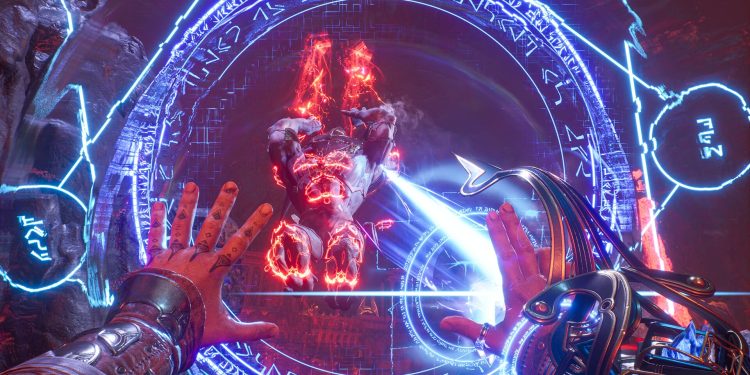What a pleasant surprise for fans! EA has removed the infamous Denuvo anti-tamper technology from Immortals of Aveum. Released in August 2023, it took about a year and a half for this change to happen. Notably, EA hasn’t been shy about removing Denuvo from several other titles.
For instance, games like Tales of Kenzera: ZAU and Star Wars Jedi: Survivor have also seen Denuvo stripped away. So, while its removal might sound surprising at first glance, it fits into a broader trend.
Immortals of Aveum encountered some stuttering issues during traversal sections. Honestly, I wouldn’t expect the new version to perform significantly better. The way Ascendant Studios designed the game means that during certain areas, it loads vast amounts of data all at once, which tends to lead to those pesky “traversal” stutters.
This leads us to temper our expectations a bit. While some players may hope this change will improve performance, it’s important to note that previous performance issues didn’t seem directly tied to Denuvo. So don’t hold your breath just yet!
The trend isn’t limited to just EA; other developers are hopping on the same bandwagon. In March 2023, KRAFTON removed Denuvo from The Callisto Protocol, while NEOWIZ made similar moves with its Souls-like title Lies of P. In October 2024, Gearbox followed suit with Homeworld 3.
This wave continues with Bethesda’s titles like Wolfenstein Youngblood, Ghostwire: Tokyo, and Doom Eternal. Warner Bros knocked it off Mortal Kombat 11, while Bandai Namco did the same for titles including Tekken 7.
Square Enix has also joined in on the action by removing Denuvo from titles such as The Diofield Chronicle, VALKYRIE ELYSIUM, and others, including both iterations of Octopath Traveler.
It’s safe to say that we should keep an eye on how these changes impact gameplay moving forward. Many developers are reconsidering their stance on anti-tamper tech, mainly since players often express frustration over potential performance hitches linked to such measures.






















